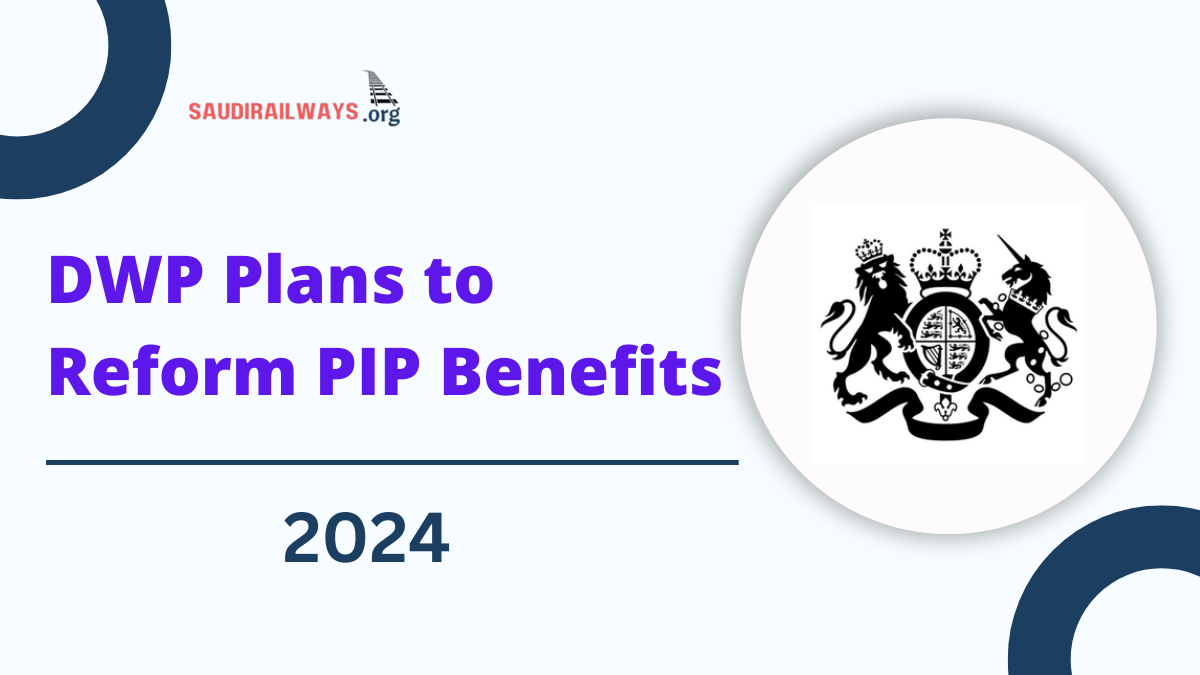The UK government is planning major changes to the Personal Independence Payment (PIP) system, which helps people with disabilities. The Department for Work and Pensions (DWP) announced that most new PIP claims will stop within the next two years to control costs.
This decision has caused a lot of discussions, especially because the DWP wants to replace cash payments with vouchers for necessary equipment and treatments. The public had until July 22, 2024, to share their opinions on these changes.
Contents
DWP Plans to Reform PIP Benefits
PIP is a benefit that people can get regardless of their income or savings.
PIP Award Statistics (as of April 30, 2024):
Award Type |
Percentage |
|---|---|
Short-term |
79% |
Longer-term |
12% |
Ongoing |
8% |
- Short-term awards: Given when a person’s health is expected to improve or in cases of terminal illness.
- Review periods: Range from nine months to ten years, depending on individual needs and the likelihood of those needs changing.
Proposed Changes to PIP
The DWP is thinking about replacing cash payments with vouchers for necessary equipment and treatments to save money. The consultation on these changes ended on July 22, 2024. These changes have received a lot of attention, especially from the Labour Government led by Sir Keir Starmer, which promises to support more disabled people and those with health conditions in work.
- Labour’s promises:
- Help more disabled people and those with health conditions get jobs.
- Ensure disabled people can start working without fearing an immediate benefit reassessment if it doesn’t work out.
- Labour has not yet provided specific details about their plans for PIP.
Challenges and Considerations
The DWP faces several challenges in making these changes. According to the Institute For Fiscal Studies, targeting new claims and end-of-award reviews is easier than reassessing every existing claim. PIP awards fall into three categories:
Award Category |
Duration |
|---|---|
Short-term |
Up to two years |
Fixed-term |
More than two years |
Ongoing |
Light-touch review after ten years |
- Most PIP recipients do not have jobs; only 14% are employed and depend entirely on their benefits to cover their living expenses.
- Over 3.5 million people in England, Wales, and Scotland receive PIP.
- Scotland introduced a new benefit called Adult Disability Payment (ADP) in March 2022, replacing PIP.
- Social Security Scotland started moving existing PIP recipients to ADP in September 2022, with 218,800 people expected to switch by the end of 2025.
- PIP is managed by the UK Government in Wales and by the Department for Communities in Northern Ireland.
Consultation Deadline
People had until July 22, 2024, to share their opinions on the proposed PIP changes. The consultation aimed to gather public views on updating the PIP system effectively. It sought opinions on various proposed changes, including:
- Assessment Process: Making assessments more reflective of a person’s physical condition.
- Payment System: Moving from cash payments to vouchers or payments based on submitted receipts.
How PIP Currently Works
PIP provides financial support to people with disabilities. When someone makes a claim, their condition is assessed to determine the level of extra support needed. The assessment considers the condition’s impact on daily living and mobility activities. PIP has two components:
Daily Living Component
This component is for those who need help with:
- Eating, drinking, or preparing food
- Washing, bathing, and using the toilet
- Dressing and undressing
- Reading and communicating
- Managing medicines or treatments
- Making decisions about money
- Socializing and being around other people
Mobility Component
This component is for those who need help with:
- Working out a route and following it
- Physically moving around
- Leaving the home
Each component can be paid at either a standard or enhanced rate, ranging from £28.70 to £185.30 per week.
Participating in the Consultation
The public could share their opinions on the proposed changes in two ways:
- Online Form: An online form with 39 questions that could be answered in as much detail as desired. No personal information was required to complete the form.
- Email: Feedback and inquiries could also be sent via email to consultation.modernisingsupport@DWP.GOV.UK.
Future Outlook
After the consultation period concludes, the DWP will assess the input and contemplate the impact on the PIP system. The main objective is to guarantee that the new system effectively deals with the extra costs faced by disabled individuals and offers sufficient assistance. The shift to Adult Disability Payment in Scotland provides a potential blueprint for changes throughout the UK.
Click the link to know more
Related posts:

I am a passionate technology and business enthusiast, constantly exploring the intersection where innovation meets entrepreneurship. With a keen eye for emerging trends and a deep understanding of market dynamics, I provide insightful analysis and commentary on the latest advancements shaping the tech industry.

